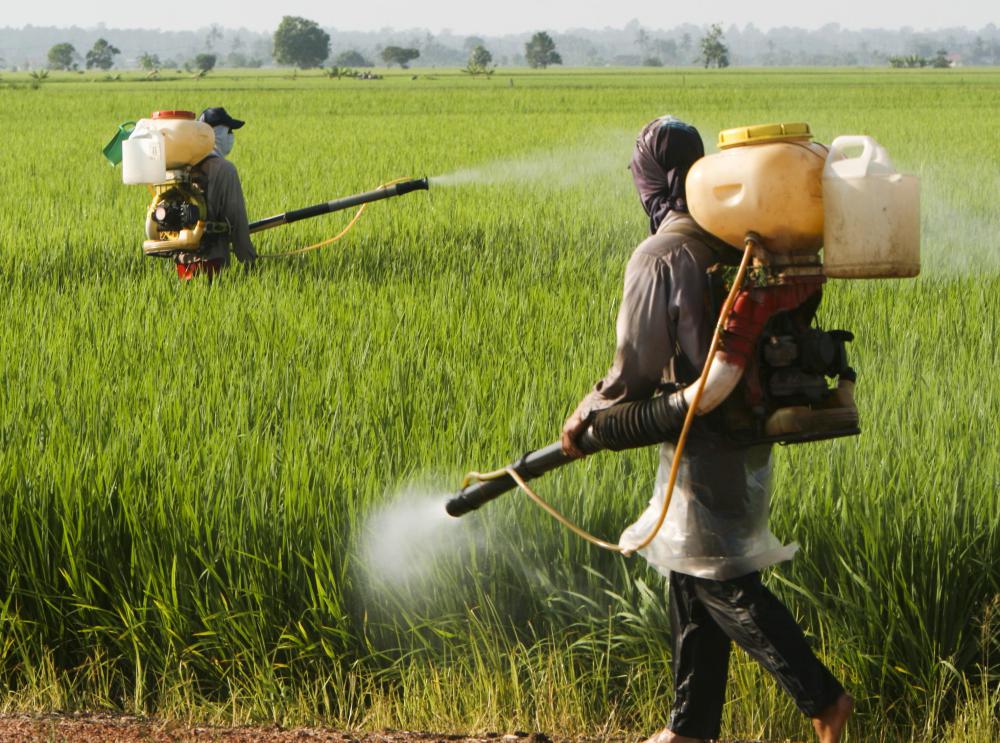

Promotes more predictable and vigorous plant growth
#Bio insecticides and pesticides registration#
However, very few have reached the market due to high costs of registration and production compared to conventional chemicals. The products created by INNOVA are based on natural agents, some of which had already been identified by the scientific community. Meanwhile, the natural bio-fungicide and Sero-X are expected to reduce the use of chemical pesticides by up to 50 % on several major food crops, including tomatoes and cucumbers. It prevents soil contamination as it is extracted from vegetable oils and degrades quickly. The bio-herbicide Beloukha can replace chemicals in warm and dry conditions. It can be applied near harvest time since it does not leave any pesticide residue on foods, which is a big advantage for farmers and consumers. Trichoderma atroviride SC1 could also protect crops like peppers and strawberries from mould. Meanwhile, it is hoped that it will be authorised for use on apple and berry trees. In France, some vineyard areas are almost totally infected with trunk diseases, which either kill the vine or produce low-quality wine – Trichoderma atroviride SC1 can prevent these diseases. Trichoderma atroviride SC1 can be used to prevent several wood diseases and is now authorised for use on grapevines. Restoring diseased vineyardsįrom vineyards to apple orchards, INNOVA’s products have huge potential benefits. All the project’s products will soon be available on the market. Two other products are under registration: a legume bio-insecticide called Sero-X, and a natural bio-fungicide. INNOVA succeeded in registering and commercialising the Trichoderma atroviride strain SC1 under the name of Vintec, and the bio-herbicide called Beloukha. a bio-fungicide based on a natural molecule – details of which are confidential.a bio-insecticide based on Clitoria ternatea – a legume extract.


The INNOVA project developed innovative pest and disease control products known as bio-pesticides, one of which is already available on the market. An EU-funded project worked on redressing the balance between the need for pesticides to control plant pests and diseases and fears about the risks posed by chemicals used in farming. Chemical pesticides have significantly boosted farm yields and food quality but concerns about their impact on human health and the environment are growing.


 0 kommentar(er)
0 kommentar(er)
